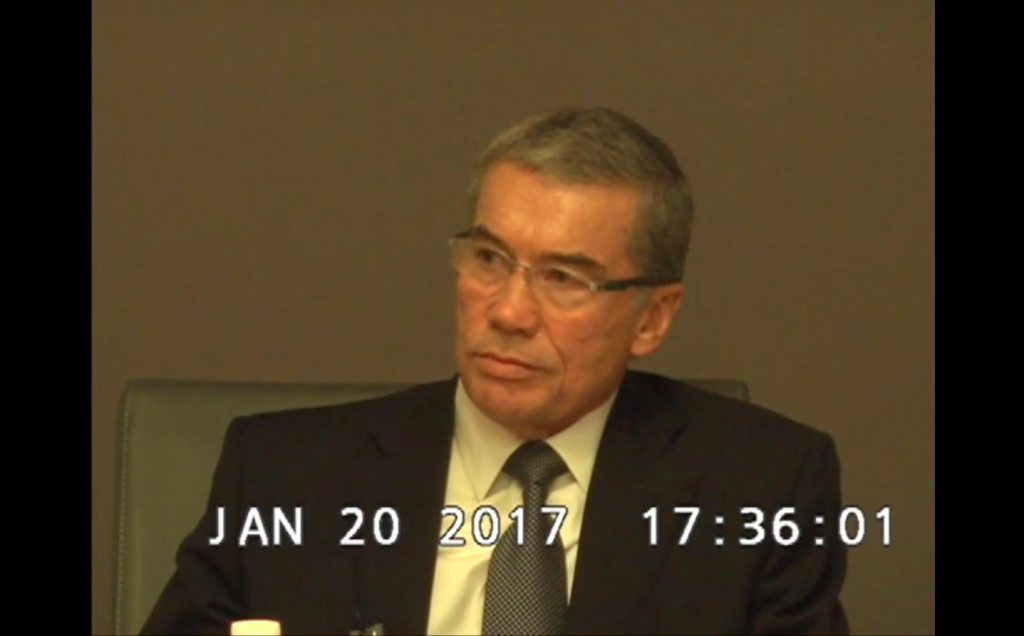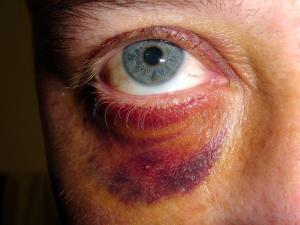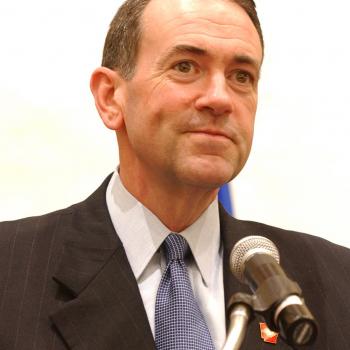
A Mormon congregation got a new leader.
A week later he was gone.
Next month, lawyers from the ACLU will try to prove that he perpetrated a systematic campaign of torture.
On October 14, 2012, Spokane-area Mormon leaders selected Bruce Jessen, a former Air Force officer and a principal in the company Mitchell, Jessen and Associates, to serve as a bishop (the equivalent of a Protestant pastor or a Catholic priest) for the Spokane 6th Ward (a ward is a Mormon term for a congregation). Shortly thereafter, he was immersed in controversy as various media sources highlighted that he and his previous business partner, James Mitchell, had designed and executed the CIA’s “enhanced interrogation” program, a system for torturing alleged terrorists. This unwelcome attention eventually led Jessen to resign as bishop barely a week into what is usually a three to six year commitment.
Now, almost five years later, Jessen isn’t just facing negative media attention and his ouster from the clergy. Rather, he’s being called to account for his crimes. On September 5, a federal court in Washington State will begin a trial in which victims of Jessen’s torture, represented by the ACLU, will sue him under the Alien Tort Statute. While Jessen will not face jail time, his victims may be able to force him to pay them damages for the staggering physical, psychological, and emotional abuse he helped perpetrate.
And what was the abuse that Jessen helped inflict? It’s a laundry list of excruciating torments. People subjected to his tactics were waterboarded, a technique that can cause convulsions or death and of which writer Christopher Hitchens stated “if waterboarding does not constitute torture, then there is no such thing as torture.” They were victims of hypothermia – one CIA detainee actually froze to death in his cell. Others were forced to undergo “rectal feeding,” in which liquids were forcibly injected into their anuses.
These horrendous abuses fly in the face of Mormon scripture and sacred promises that LDS members make. In the Book of Mormon, a writer laments the actions of soldiers who tortured women to death. In various contexts, Mormons pledge to forego actions that are “unholy and impure.” What could be more unholy and impure than torturing another human being?
If Jessen’s campaign of torture defies Mormon doctrine, is certainly should have disqualified him from being a bishop. The LDS Church Handbook recommends that bishops meet the requirements expressed in 1 Timothy 3:7, which states that bishops “must have a good report of them which are without.” Certainly, being known as someone who designed and implemented the CIA’s torture program is hardly a “good report.”
So Jessen’s torture runs contrary to Church doctrine and should have rendered him unqualified to be a bishop. But why did he engage in torture in the first place?
Perhaps the burden of “patriotism” is to blame.
For much of the LDS Church’s early history, government leaders viewed it with suspicion. Its leaders were arrested, the governor of Missouri called for its adherents to be “exterminated,” and President James Buchanan event sent an army detachment to subdue a nonexistent Mormon rebellion in Utah. These government-sponsored persecutions intensified after Congress passed anti-polygamy legislation like the Edmunds-Tucker Act, which allowed the federal government to seize Church property, disenfranchise Mormon voters, and dissolve Church corporations. Only after the Church committed to ending polygamy were such actions reversed.
This history of Church-State animosity left its mark on Mormons – they feared that they would be viewed not as loyal Americans, but as subversives intent on undermining the established order. To counter such views, Mormons and Church leadership embraced the trappings of Americanism, playing up doctrines that celebrated the U.S. Constitution and the Founding Fathers, encouraging military service, and fiercely denouncing communism (despite early Mormonism’s communitarian practices). What may have begun as a way to ingratiate the Church with the authorities evolved over time into a fierce, unwavering expression of patriotism among a large proportion of Latter-day Saints.
It’s that unflinching patriotism that may have led Jessen astray. Possessed of an intense dedication to advancing the interests of the United States, it may have been easy for him to overlook his religious and moral qualms when justifying torture. In effect, he may have, like many Americans, engaged in a sort of nationalist idolatry, deifying the U.S. government and its tactics. Once an ideology, even one as laudable as Americanism, is endowed with godlike importance, a person can convince himself that he is in the right even when his actions stray drastically from acceptable human behavior – and even if his actions are torture.
Jessen’s horrifying violations of basic human rights can serve as a lesson for me and other Mormons. Too often, partly out of their faith’s history of wanting to “prove” its loyalty to country, Mormons exalt patriotism and service to country as some sort of holy “calling.” But in a world with governments run by fallible people, people who are more than willing to dispense with basic human decency for political expediency, adopting such a “crusader” attitude to following orders can be dangerous. While we may fear being saddled with the label of being “unpatriotic,” it’s worse to live with a conscience marred by human rights abuses. Just ask Bruce Jessen as he faces a jury next month.












